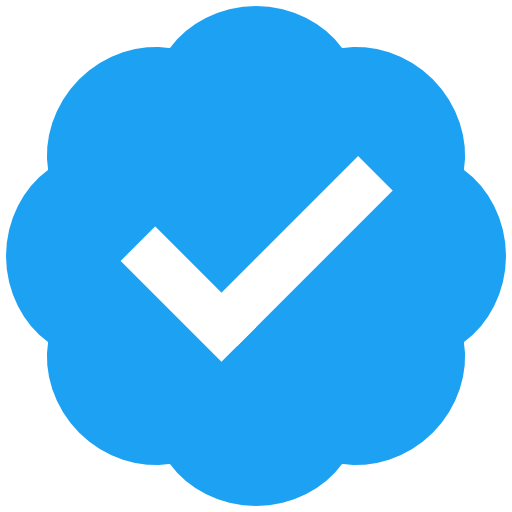I noticed the company who wanted to add their service directly into Owncast, and I said no, started releasing their own version of Owncast with their own changes in it to support this use case.
I'm not sure how to feel about this. It's kind of a fork, but it's really just another release of Owncast by somebody else. They're releasing something called Owncast with functionality and decisions that have nothing to do with the real Owncast. It specifically says stuff like "Owncast does X", and Owncast does not do X, and will never do X. Only their changes do X.
I fear this may confuse people. If something goes wrong with their version of the software, people are going to ask me for support, and might make the real Owncast look bad. But I don't know if this is wrong, or if this is completely acceptable. It's open source, and the name "Owncast" isn't owned by anybody, as Owncast is an open source project, not a company. So I guess they have the right to do whatever they want and call it Owncast.
But it feels wrong, and it seems like really bad things could come of this.
I'm not sure how to feel about this. It's kind of a fork, but it's really just another release of Owncast by somebody else. They're releasing something called Owncast with functionality and decisions that have nothing to do with the real Owncast. It specifically says stuff like "Owncast does X", and Owncast does not do X, and will never do X. Only their changes do X.
I fear this may confuse people. If something goes wrong with their version of the software, people are going to ask me for support, and might make the real Owncast look bad. But I don't know if this is wrong, or if this is completely acceptable. It's open source, and the name "Owncast" isn't owned by anybody, as Owncast is an open source project, not a company. So I guess they have the right to do whatever they want and call it Owncast.
But it feels wrong, and it seems like really bad things could come of this.
@gabek If they want to fork #Owncast, they legally can, but they should not call it Owncast anymore. I know #Mastodon & #WordPress are open source as well, but they vigorously protect their trademarks to prevent this type of confusion.
If possible, I would encourage them to rename their fork something else. If they refuse, let us know which company it is so we can avoid doing business with them.
@darnell The trademark part is something I've never been able to figure out. I've asked around, but nobody has been able to answer it for me. Who owns a trademark for an open source project? Mastodon is a company, they own their trademark. Owncast is not a company, it's not a legal entity. It can't own anything.

